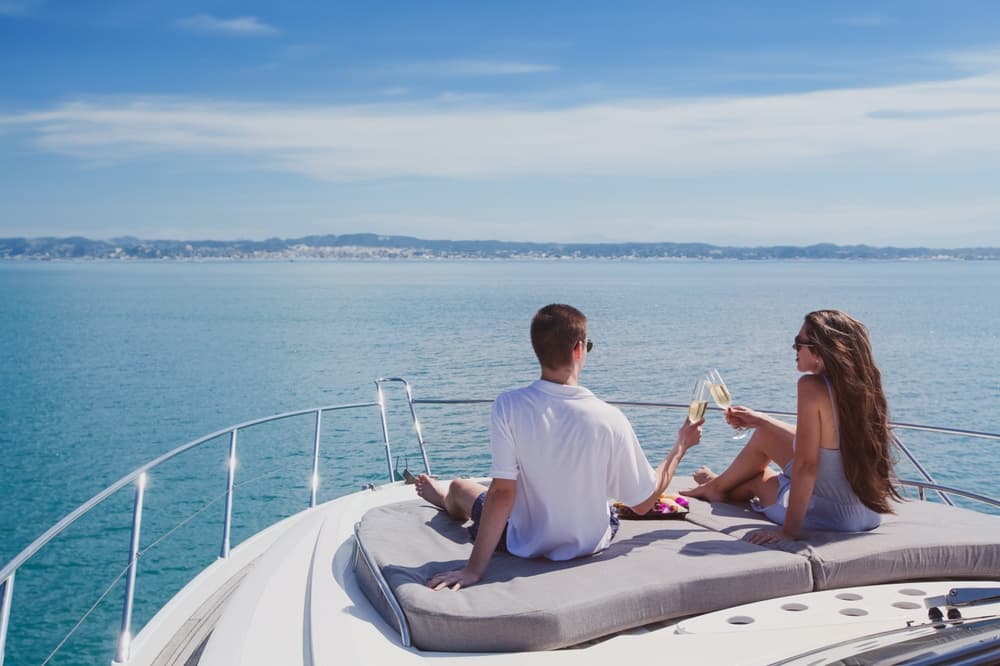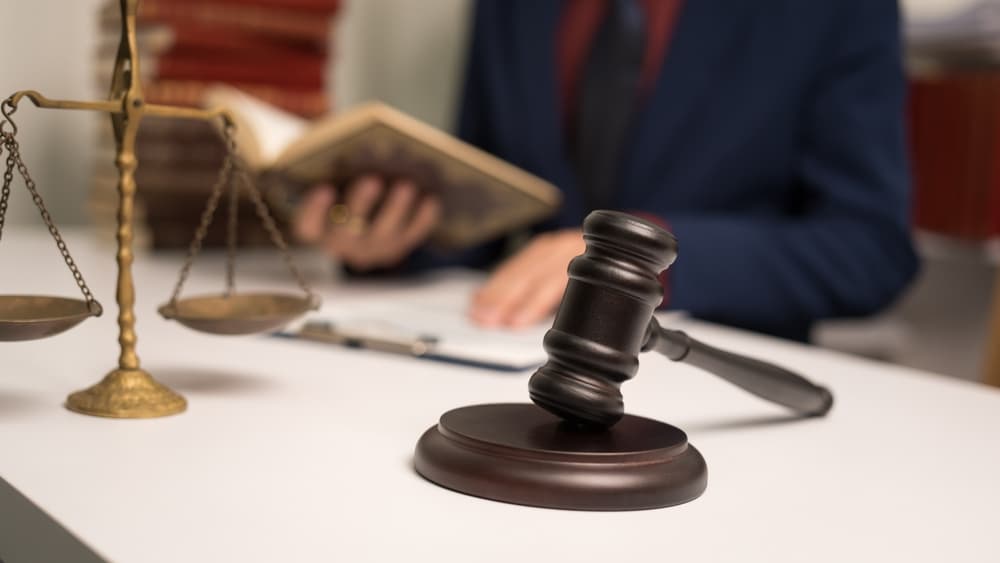Boating while drunk or high is not only stupid but illegal. Many people don’t realize that the same rules that make drinking and driving dangerous on land apply equally, if not more so, to the water. This guide covers everything you need to know about boating impaired, the legal consequences, and how to stay safe on the water.
Work with a BWI Lawyer
A defense lawyer who handles BWI cases locally can explain your rights and plan a defense for better results. Seeking legal guidance from the right Carteret County BWI attorney is imperative when you get pulled over for BWI.
Schedule Your Free Consultation
Boating While Impaired

Just like driving a car, operating a boat requires good judgment, quick reflexes, and coordination. When alcohol or drugs enter the picture, those skills are compromised. But boating while impaired is even more dangerous than driving under the influence for several reasons.
Many individuals fail to recognize that the same regulations that govern drinking and driving on land apply equally, if not more so, to boating. This guide provides comprehensive information about the dangers and legal ramifications of impaired boating and strategies for maintaining safety on the water.
First, environmental factors on the water amplify the effects of alcohol. The boat’s motion, sun, wind, noise, and vibration create a “boater’s fatigue” condition. When combined with alcohol, those factors can significantly impair a person’s ability to operate a vessel safely. What might feel like a small amount of alcohol on land can feel like a lot more on the water.
The Legal Framework
The law takes boating while impaired very seriously. Boating while intoxicated (BWI) or boating under the influence (BUI) has the same penalties as driving under the influence. The legal blood alcohol concentration (BAC) limit for boating is 0.08 percent, the same as for cars.
Marine law enforcement officers patrolling the waterways have the authority to stop vessels for safety checks without the same requirements for probable cause as for road vehicles. This means marine patrol can do safety inspections and sobriety checks even if they haven’t observed erratic operation.
Key Takeaways
- The law takes a stern stance on boating while impaired.
- Boating while intoxicated or boating under the influence carries the same penalties as driving under the influence.
- The legal blood alcohol concentration (BAC) limit for boating is 0.08 percent, identical to that for cars.
- Marine law enforcement officers patrolling the waterways have the authority to stop vessels for safety checks without the exact requirements for probable cause as for road vehicles.
- This means that marine patrol can conduct safety inspections and sobriety checks even if they have not observed erratic operations.
Testing and Enforcement
Marine law enforcement officers are trained to look for signs of impairment in boat operators. They look for:
- Irregular navigation patterns
- Excessive speed or very slow speed
- Erratic acceleration or deceleration
- Near misses with other vessels or fixed objects
- Failure to display proper navigation lights
- General boating violations
If officers suspect impairment, they can perform field sobriety testing. However, these tests must be modified for the marine environment since the traditional roadside tests don’t apply to a moving boat. Officers may also use seated versions of standardized tests and make other observations of impairment.
Chemical testing works the same as road-based DWI enforcement. Breath, blood, or urine tests may be required under implied consent laws. Refusing these tests can cause automatic penalties, including suspension of boating privileges and suspension of driver’s licenses.
Penalties and Consequences
Boating while impaired has serious consequences. These can include:
- Large fines of up to several thousand dollars
- Possible jail time, especially for aggravated cases
- Mandatory boating safety courses
- Suspension of boating privileges Impact on regular driver’s license
- A criminal record for employment and travel
- Higher insurance rates for boat and auto coverage
The penalties for accidents, injuries, or deaths are much worse. Prosecutors can charge felonies with long prison sentences and permanent loss of boating privileges.
Aggravating Factors
Certain circumstances can add to the penalties:
- Having passengers under 16 on board
- Operating a large vessel
- Having a very high BAC
- Causing property damage
- Creating wake in no-wake zones while impaired
- Previous BWI or DWI convictions
- Refusing chemical testing
Alcohol’s Effects on the Water
Alcohol affects balance and coordination more on water than on land. Even experienced boaters find their skills impaired faster than they expected.
Physical effects:
- Impaired vision and focus
- Poor depth perception
- Slower reaction time
- Impaired judgment of speed and distance
- Increased risk of hypothermia
- More likely to become disoriented
Legal Rights and Defense Strategies

If charged with BWI, you may have several defenses:
Challenging the Stop
Questions about the stop might include:
- Was the stop proper?
- Was the safety inspection done properly?
- Was there probable cause for sobriety testing?
Challenging Testing Procedures
Challenges to chemical testing might include:
- Was the testing equipment calibrated and maintained?
- Were the observation periods proper?
- Chain of custody for the samples?
- Blood alcohol levels rise between operation and testing
Environmental Factors
Defenses might include:
- Weather conditions affecting the operation of the vessel
- Wake from other boats causing erratic movement
- Mechanical issues with the vessel
- Water conditions affecting navigation
Long-term Effects
A BWI conviction can have long-term consequences:
Insurance
Expect changes in both boat and auto insurance:
- Higher premiums
- Policy cancellation
- High-risk coverage
- Additional safety course requirements
Professional
- Commercial boating licenses
- Maritime industry employment
- General employment opportunities
- Professional licenses in other fields
- Security clearances
Moving Forward
If you’re convicted of BWI:
- Complete all court-ordered requirements
- Take additional boating safety courses
- Install ignition interlock devices if required
- Keep proper insurance coverage
- Document compliance with all conditions
Knowing the BWI laws and consequences helps keep our waterways safer for everyone. Remember, alcohol and boating never mix safely. The risks are just too high. Always prioritize safety and responsibility when boating recreationally.
Speak to a DWI/BWI Attorney
When you get into trouble for BWI, you need to seek legal advice and help. Speak to a BWI defense attorney who handles these cases regularly. Provide them with the factors of your case so that you can plan a proper defense. Your criminal defense lawyer will be your greatest asset.